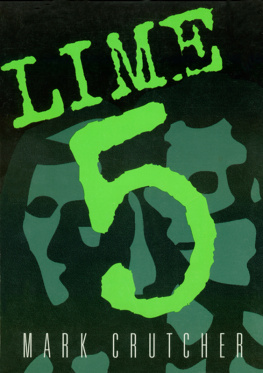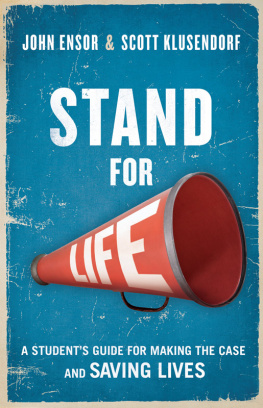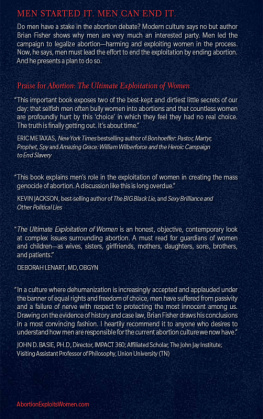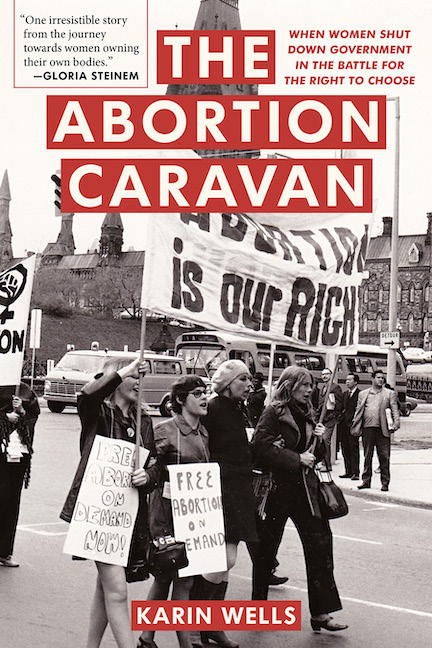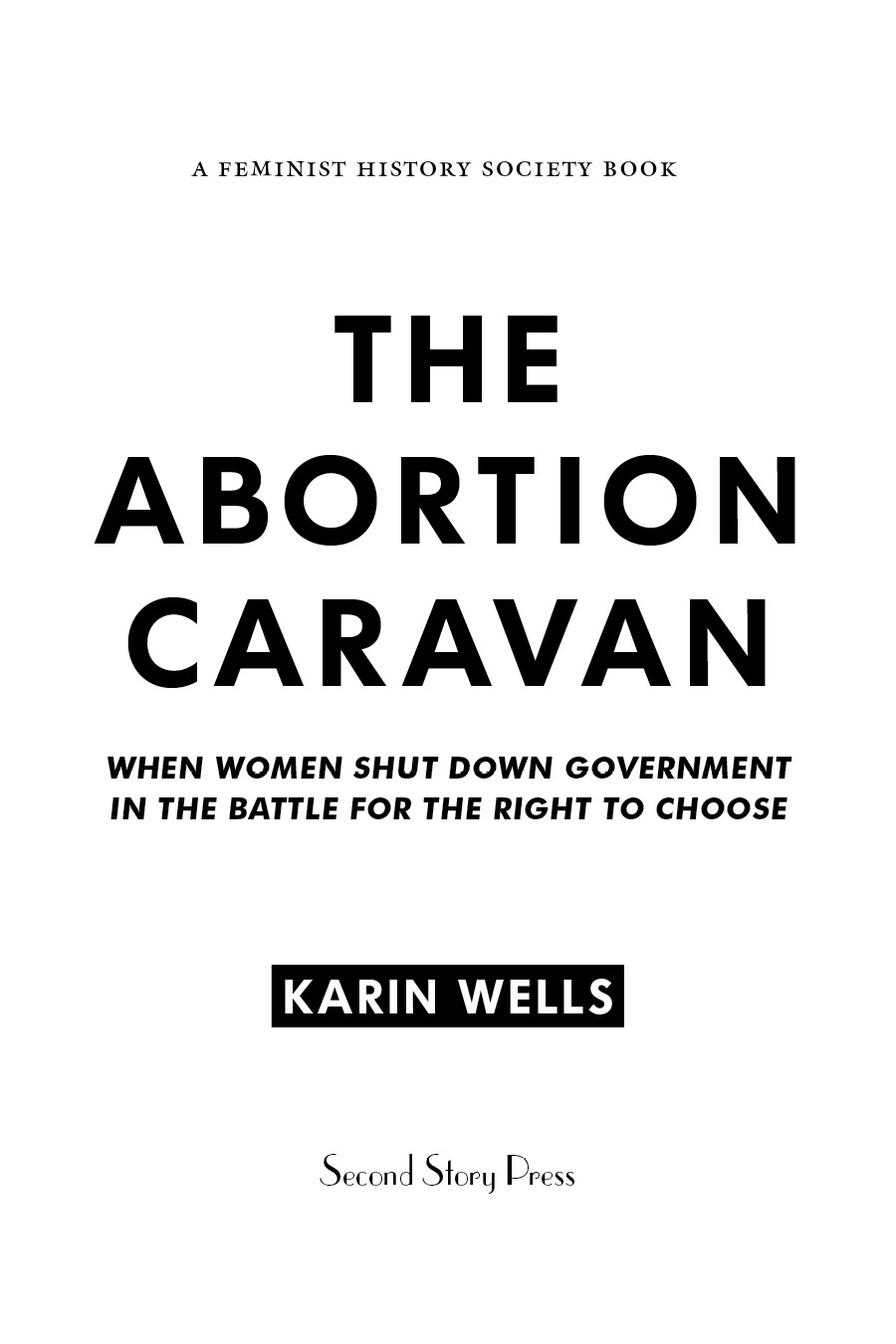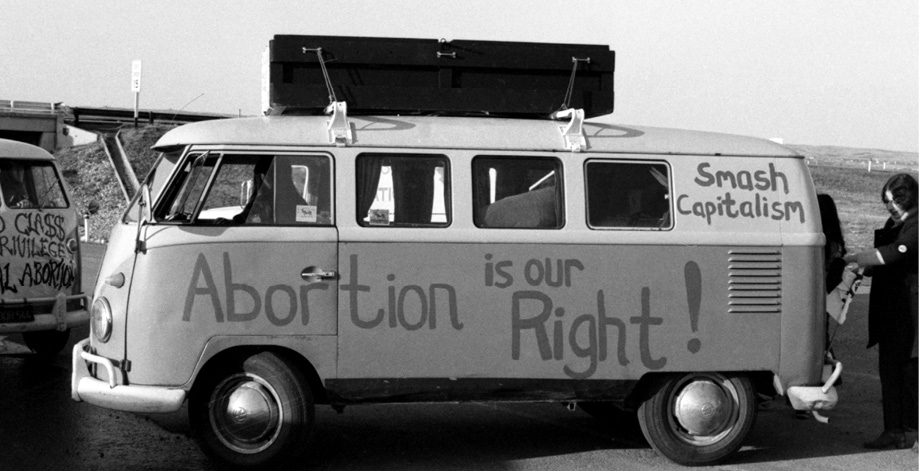Library and Archives Canada Cataloguing in Publication
Title: The abortion caravan : when women shut down government in the battle for
the right to choose / Karin Wells.
Names: Wells, Karin, 1949- author.
Description: Series statement: A feminist history society book | Includes bibliographical
references and index.
Identifiers: Canadiana (print) 20190186984 | Canadiana (ebook) 20190187018 |
ISBN 9781772601251 (softcover) | ISBN 9781772601268 (EPUB)
Subjects: LCSH: Pro-choice movementCanadaHistory. | LCSH: Abortion
Government policyCanadaCitizen participation. | LCSH: Womens rightsCanada.
Classification: LCC HQ767.5.C2 W45 2020 | DDC 362.1988/80971dc23
Copyright 2020 by Karin Wells
www.FeministHistories.ca
Edited by Andrea Knight and Kathryn Cole
Book design by Melissa Kaita
Original series design by Zab Design & Typography
Every effort has been made to secure permission and provide appropriate
credit for photographic material. The publisher deeply regrets any omission
and pledges to correct errors called to its attention in subsequent editions.
Printed and bound in Canada
Second Story Press gratefully acknowledges the support of the Ontario Arts Council and
the Canada Council for the Arts for our publishing program. We acknowledgethe financial support of the Government of Canada through the Canada Book Fund.
Published by
Second Story Press
20 Maud Street, Suite 401
Toronto, ON M5V 2M5
www.secondstorypress.ca
For Jennifer
Vancouverthe send-off
: Simon Fraser Universityin the beginning
Into the unknown
Albertaover the mountains
Something inside us
Saskatchewandoubling down
Thunder Baypushback
Ottawathe glue
Torontowhose Caravan is it anyway?
Ottawathe march
Ottawathe invasion
Crashing to earth
A NOTE ON FOOTNOTES
The footnotes supporting the authors extensive research
can be accessed online at: http://secondstorypress.ca/resources
Authors Note
One must wait, until the evening
To see how splendid the day has been.
Sophocles
When I began this book, I thought I knew the story. I had made a documentary about the Abortion Caravan for CBC Radio in 2010. I was looking for a story, and Helen Levine, outspoken social worker, feminist, and mother of my editor Karen Levine said, What about the Abortion Caravan? The what?
I had missed this great big Technicolor story as it passed more or less under my nose in 1970. I was old enough and I was in the right place at the right time, but I missed it. Seventeen women from Vancouver drove three thousand miles across Canada, adding to their numbers as they went. (Canada did not convert to the metric system until a year after the Caravan, so I chose to stick with miles rather than kilometers, and to call the women by the names they were known by in 1970.) They bested the RCMP , who had them under surveillance all the way, invaded the Parliament Buildings, and shut down the House of Commons. No one had ever done that. I suspected that I was not the only one who had missed, forgotten, or never knew anything about the Abortion Caravan and I was right. For good reason, no one thought there was any reason to remember, let alone celebrate, this Abortion Caravan. It wasnt considered a significant event, a part of history.
The radio piece was a great success. It fell together easily, a story waiting to be told. Eight or nine of the Vancouver Caravan women gave me their time and were more than happy to talk about what they had done. They argued about who said what, they laughed, looked at old pictures. They hardly drew breath. This was the celebration of an achievement. Back then, fifty years ago, mounting a national campaign was as difficult as rubbing sticks together to make fire. There was no social media, not much in the way of a network, there were no cell phones, and no one had any money. It didnt matterthey never had a doubt that they could do it, so they did.
But no one had applauded, not for years. The story was told in print for the first time twenty-six years after the fact, and then by Frances Wasserlein in an academic thesis that was accessible to a very few. The women involved werent at all sure that they had done anything important, and some felt a little embarrassed. Marcy Cohen, one of the leaders, spent decades doubting whether they should have done it, wondering whether abortion had been the right issue to put forward, feeling ashamed. When we put the story on the radio, Cohen said, for the first time she felt pride in what they had done. It had been a long time coming.
The churlish have said that the Abortion Caravan didnt succeed because the law didnt change until eighteen years later and then it was all because of Henry Morgentaler, the Montreal abortion provider, and his court battles. Nonsense. Think bigger. Judy Rebick said in her book Ten Thousand Roses: The Making of a Feminist Revolution , that the Caravan was the first national grassroots womens action. The women themselves said that was what they wanted it to be. It was loud and proud and audacious. In more academic terms, it signaled the stirrings of a nascent feminist movement at a time when feminists and womens libbers were perceived as hairy-legged, no makeup, Birkenstock-wearing women who were simply in need of a good, etc. You had to be brave to wear that label back then.
That radio documentary was only thirty-some minutes long, and when I came back to the story ten years later it raised more questions, had more nuance, and felt more interesting.
These were left-wing women who wanted not only abortion reform, but also a more equitable world. They were very different each from the other. I called them a motley crew back then and they werescruffy, ill-matched, ill-mannered. Who were these women? What had brought them together? Who were their families? And why did they choose to spend a couple of very uncomfortable weeks driving across the country and sleeping on concrete floors in order to do something that had every likelihood of getting them arrested?
What was it about taking to the streets?
Thats a question with added resonance today. The world doesnt stand still. Rights of any sort can never be presumed. There have to be guards on duty and women ready to fight the fight again. And as much as we might like to think we have got past all that sixties confrontation, its good to be prepared, to know how to take to the streets, and when its necessary.


